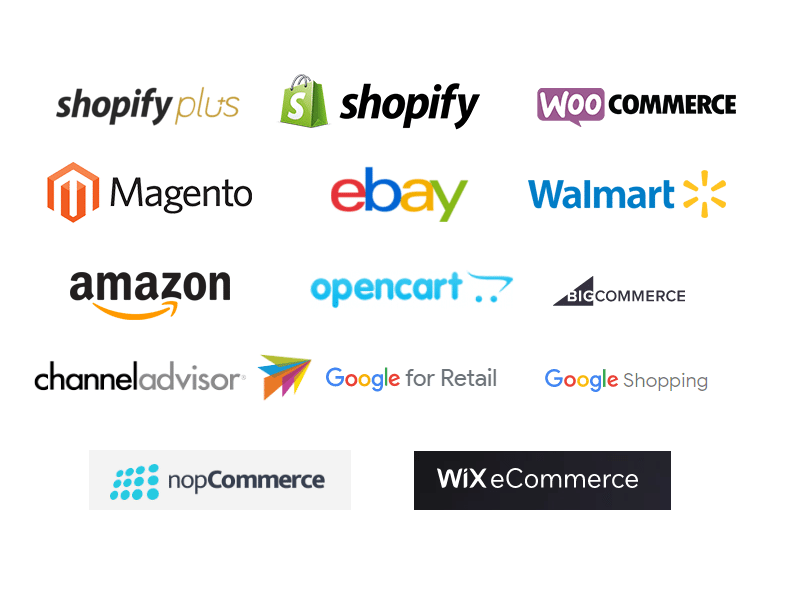In today’s digital age, ecommerce has become an essential part of retail business operations. The integration of ecommerce with point of sale (POS) systems can provide retailers with a number of benefits, including increased sales, improved inventory management, enhanced customer engagement, and streamlined operations. In this post, we’ll explore the advantages of ecommerce integration for retailers and how it can help businesses grow and stay competitive.
Increased Sales:
One of the most obvious benefits of ecommerce integration is the ability to increase sales. By making it easy for customers to purchase items online, retailers can expand their reach and tap into new markets. With an integrated ecommerce system, customers can purchase items from anywhere, at any time, which can lead to increased sales and revenue.
Improved Inventory Management:
Ecommerce integration can also help retailers improve inventory management. By syncing inventory levels across all channels, retailers can ensure that items are in stock when customers want to purchase them. This can help reduce the risk of stockouts and improve customer satisfaction.
Enhanced Customer Engagement:
An integrated ecommerce system can also provide retailers with valuable data about customer behavior and preferences. This data can be used to personalize the shopping experience and improve customer engagement. Retailers can use this information to target specific customer segments, offer personalized discounts and promotions, and improve customer service.
Streamlined Operations:
An integrated ecommerce system can also streamline operations and reduce the need for manual data entry and other time-consuming tasks. Retailers can manage all aspects of their business from a single platform, which can improve efficiency and help save time.
Greater Accessibility:
An integrated ecommerce system can also help retailers expand their reach and increase accessibility. By providing customers with the option to shop online and in-store, retailers can reach more customers and grow their business.
Better Analysis:
Integrated ecommerce systems can also provide retailers with valuable insights into customer behavior, purchase patterns, and popular products. Retailers can use this data to improve their operations and boost sales.
Increased Convenience:
Ecommerce integration can also increase convenience for customers. By allowing them to shop from anywhere, at any time, retailers can improve customer satisfaction and build loyalty.
Greater Flexibility:
Ecommerce integration can also provide retailers with greater flexibility in terms of updating inventory, pricing, and other information in real-time. This can help reduce the risk of errors and improve efficiency.
Better Order Tracking:
Integrated ecommerce systems can also provide retailers with detailed information about the status of online orders, which can improve order tracking and reduce the risk of errors.
Improved Customer Service:
An integrated ecommerce system can also provide retailers with detailed customer information, including purchase history and contact information, which can be used to improve customer service and resolve issues more quickly.
Mobile Optimization:
Integration of ecommerce also enables retailers to reach their customers on mobile devices, which is crucial since majority of the customers prefer mobile shopping.
Global Reach:
Retailers can also expand their reach globally by integrating ecommerce in their POS systems
Conclusion: Integrating ecommerce with POS systems can provide retailers with a number of benefits, including increased sales, improved inventory management, enhanced customer engagement, and streamlined operations. It also enables retailers to reach more customers and expand their reach globally,







